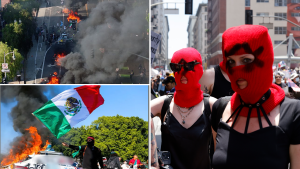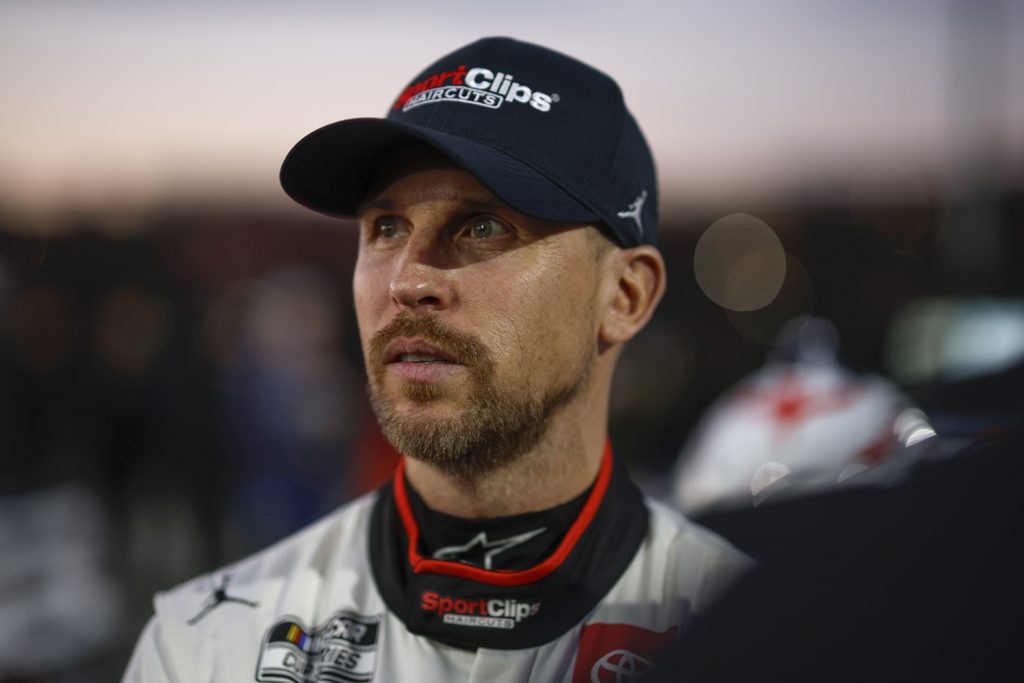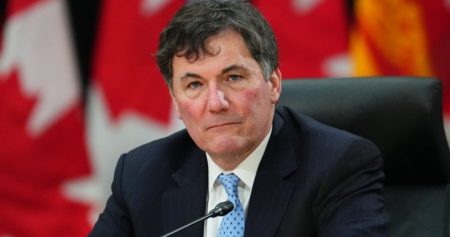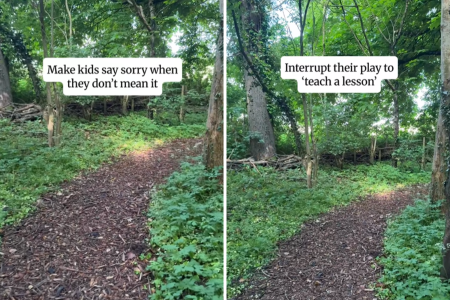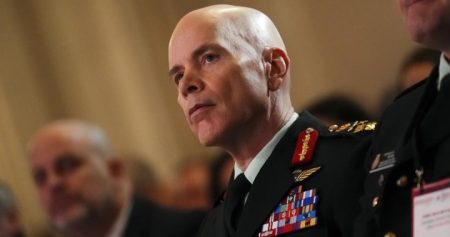Denny Hamlin’s vehement critique of NASCAR’s Open Exemption Provisional (OEP) rule underscores a fundamental tension within the sport: the desire to attract new audiences versus the imperative to maintain the integrity of its competition. Hamlin argues that the OEP, which allows high-profile drivers from other racing disciplines to bypass traditional qualifying procedures, cheapens NASCAR’s prestige and undermines the established pathways to its highest levels. He views the move as a desperate attempt to generate headlines and short-term buzz at the expense of long-term stability and the respect earned through proven performance. Hamlin contends that NASCAR, as the premier racing series in the United States, should uphold its standards and require all drivers, regardless of their reputations, to earn their place on the track through merit and established qualifying procedures.
The OEP’s implementation has sparked controversy and exposed inconsistencies in its application, further fueling Hamlin’s criticism. The stark contrast between the cases of Helio Castroneves and Mike Wallace highlights the seemingly arbitrary nature of the rule. Castroneves, a four-time Indy 500 winner with minimal NASCAR experience, has been granted entry to the Daytona 500 under the OEP, while Wallace, a seasoned NASCAR veteran, was denied participation due to a perceived lack of recent activity. This disparity raises serious questions about the criteria used to assess OEP eligibility and whether the focus truly lies on competitive balance or mere star power. Hamlin’s concerns, therefore, reflect a broader apprehension within the NASCAR community about the potential for the OEP to prioritize celebrity over established competitive principles.
Hamlin’s argument centers on the idea that NASCAR should maintain its status as a meritocracy. He believes that the traditional qualifying process serves as a crucial filter, ensuring that only those drivers who have demonstrated the necessary skills and experience can compete at the sport’s highest level. By circumventing this process, the OEP, in Hamlin’s view, devalues the accomplishments of drivers who have worked their way up through the ranks. He sees this as a dangerous precedent, potentially opening the door for unqualified drivers to enter the sport simply based on their name recognition, rather than their proven ability on the track. This, he fears, could erode the competitive spirit of NASCAR and diminish the significance of achieving success within the established framework.
NASCAR’s justification for the OEP lies in its stated goal of expanding the sport’s reach and attracting new fans. The governing body believes that bringing in high-profile drivers from other racing disciplines will generate increased media attention and broaden the appeal of NASCAR to a wider audience. This strategy, however, clashes directly with Hamlin’s perspective. He argues that genuine growth and sustained interest in the sport should come from fostering competitive excellence and showcasing the talents of drivers who have earned their place through consistent performance. He sees the OEP as a superficial quick fix that risks alienating loyal fans who value the traditional values of NASCAR and its emphasis on hard-fought competition.
The tension between tradition and innovation lies at the heart of the OEP debate. NASCAR is grappling with declining viewership and seeking ways to rejuvenate its fan base, particularly among younger demographics. The introduction of the OEP represents a significant departure from the established norms of the sport, and its implementation has been met with mixed reactions. While some see it as a bold move to inject new excitement and broaden the sport’s appeal, others, like Hamlin, view it as a risky gamble that could compromise the core values of NASCAR and alienate its traditional fan base.
The upcoming Daytona 500, the first race where the OEP will be in effect, will undoubtedly serve as a crucial test for NASCAR’s new strategy. The performance of drivers admitted under this provision will be closely scrutinized, and the overall impact on the race’s dynamics will be a key indicator of the OEP’s effectiveness. The ensuing discussions and debates will likely shape the future of the rule and determine whether NASCAR continues down this path or revisits its approach to driver eligibility. The long-term consequences of the OEP remain to be seen, but its introduction has already sparked a significant debate about the balance between attracting new audiences and preserving the competitive integrity of one of America’s most iconic racing series.
